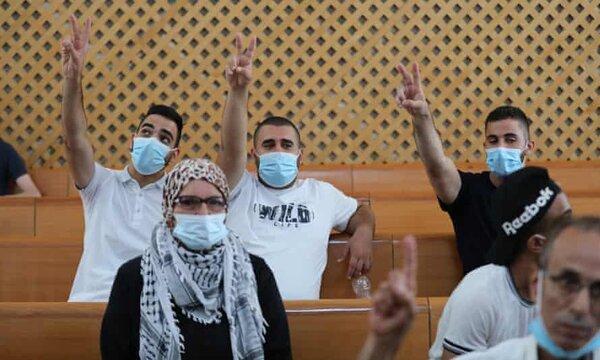Palestinian residents of the East Jerusalem neighborhood of Sheikh Jarrah are facing forcible eviction from their homes. They have been offered a compromise deal with Jewish settlers by Israel’s Supreme Court, in an unexpected development in the high-profile case.
- The session on Monday, which was supposed to reach a final decision on whether to accept an appeal from four Palestinian families over eviction orders in the decades-old legal battle, was instead met with a surprise entreaty from the judges for the two sides to accept a “practical solution”.
- “What we are saying is, let’s move from the level of principles to the levels of practicality,” Justice Isaac Amit told the courtroom, where proceedings took place in Hebrew without translation into Arabic. “People must continue to live there and that’s the idea, to try to reach a practical arrangement.”
- On Thursday, the families submitted documents to the courts showing that before the Six-Day War in 1967, the Jordanian government attempted to transfer ownership of contested Sheikh Jarrah properties to Palestinians. As of Monday afternoon, the courts had not yet referred to those documents, which the defense planned to use as a legal basis to prove ownership.
- The proposed compromise would allow the 70 Palestinians to remain in their homes as tenants with “protected status” and safeguard them from eviction for “the coming years” while paying an annual fee of 1,500NIS (£335) to the Nahalat Shimon company, a settler organization that lower courts have declared the rightful owners of the disputed properties.
- In May, clashes in the mostly Palestinian neighborhood of Sheikh Jarrah, which Jewish settlers refer to as Nahalat Shimon, between Israeli police armed with rubber bullets and stone-throwing Palestinians preceded larger, more violent demonstrations in the nearby Old City.
The escalation of the conflict contributed to an 11-day Israeli operation against Gaza militants, fighting that claimed the lives of 12 people in Israel and at least 250 Palestinians in the Gaza Strip. An Egyptian-brokered cease-fire has been held since May 21.

